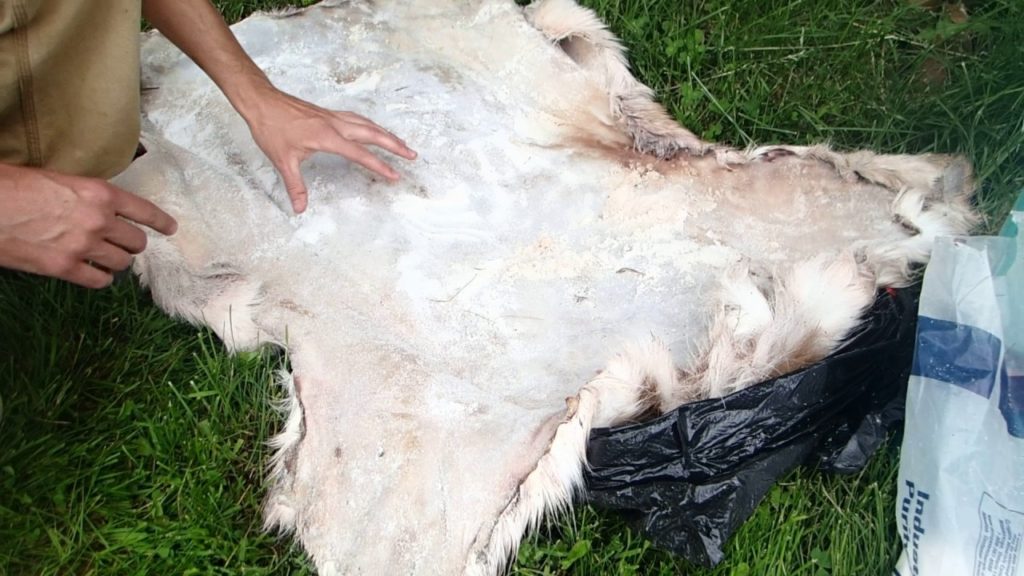It’s that time of year again! As temperatures drop and the days shorten, that can only mean one thing: hunting season is near! Squirrel and dove hunters have already started and archery season for big game begins next week.
September and October were busy months in my Dad’s taxidermy shop as customers picked up their mounts from last season and preparations were in full swing for the upcoming one.
Dad had many witty sayings that I find myself repeating regularly. One of them particularly pertained to taxidermy. When people asked about his line of work, he would explain how labor intensive it was and how the only thing that happened without effort was spoilage. If game was not attended to quickly, it would rot wasting the trophy and enraging the sportsman.
This reality necessitated Dad’s attention to each animal that was brought in. They needed to be skinned as soon as possible and the hides salted down or frozen. Because of the size and volume of deer he received, freezing was not an option so all the capes and hides had to be heavily salted.
My brothers and I assisted with this duty and God only knows how many tons of this element went through our hands over the years. This basic chemical drew the excess moisture out of the skins and preserved them until they could receive further attention later.
Dad reminded us often of the importance of working the salt into every crease and crevice. Failure to unroll, stretch out, or open the hide and apply the salt would result in that part of the skin rotting and the hair on the opposite side falling out, thus ruining the trophy.
Great care was taken to ensure all hides were liberally salted. Because salt was relatively inexpensive, we generally erred on the side of caution to be sure no hide was lost. Except for some that were brought in too late and were already spoiling, I don’t remember any problems with decay after hides entered Dad’s custody.
Salt is also used to cure hams and other meats and preserve them for human consumption. But the salt must reach the meat. Failure to do so will again result in spoilage and a wasted product.
This simple preservation technique reminds us of the importance of getting the salt of God’s Word into all facets of our lives. While we may only attend church once or twice a week, this preserving influence must be applied each day and in every way.
God’s Truth is not just for the spiritual aspect of our lives but must be worked into our finances, our emotions, our relationships, our jobs, our athletic endeavors, our entertainment and all other areas. If there is an area it fails to touch, that area will begin to spoil and the decay will spread to other healthy portions until all are lost.
Jesus encouraged His followers to be salt as well. And while it certainly implies that we should make the world more palatable, His real implication was for preservation. We live in a world that is putrid and decaying.
Sin produces pain and strife all around us. Christians need to extend Jesus’ influence into all aspects of our culture that souls may be saved and lives preserved. Jesus’ teachings need to touch not just our churches, but our businesses, marriages, education, government, the arts, politics, entertainment, science, and all other facets. Wherever Jesus’ influence is absent, decay begins and complete loss is not far behind.
As our world decays into greater discord and decline, the need for Christians to spread the preserving influence of Jesus Christ increases daily. Let’s each do our part to work the salty truth into every nook and cranny of whatever we touch today.
Salty Blessings, George
